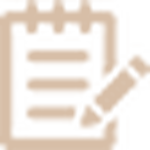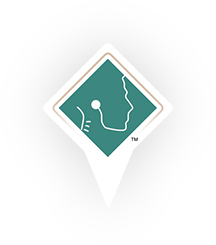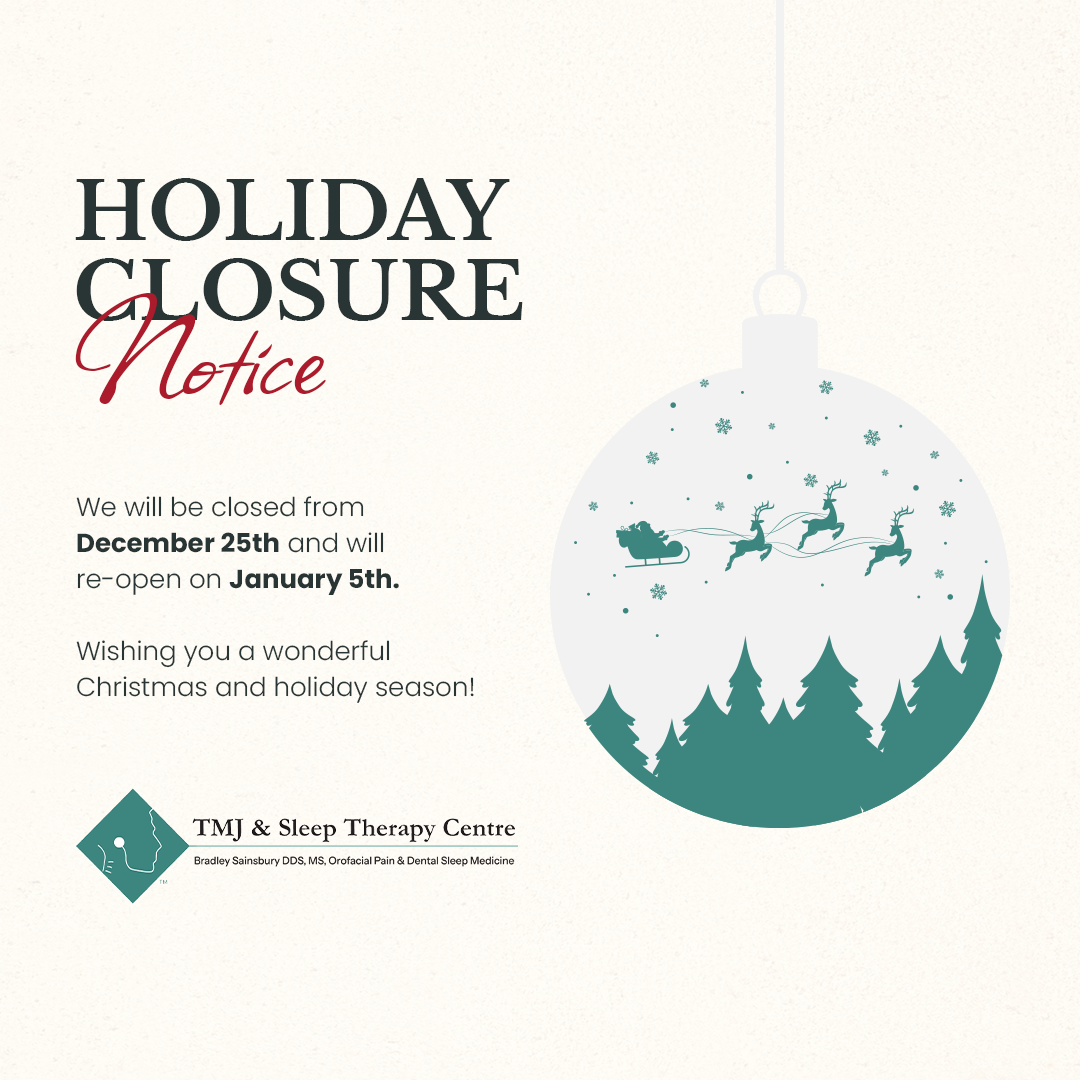
If you’ve ever experienced jaw pain, headaches, or trouble sleeping, you may have wondered whether these issues are related. People who suffer from TMJ (temporomandibular joint) pain often complain about discomfort in the jaw, clicking or popping sounds, and even difficulty opening or closing their mouths. On the other hand, those with obstructive sleep apnea (OSA) struggle with sleep due to blocked airways, resulting in pauses in breathing during sleep. Could these two conditions be linked?
Understanding TMJ Pain and OSA
TMJ pain is a common issue affecting the joint that connects your jaw to your skull. This joint allows your jaw to move up and down, side to side, and forward. When this joint is inflamed or injured, it can lead to pain and discomfort, making everyday tasks like chewing and speaking difficult.
Obstructive sleep apnea, on the other hand, is a sleep disorder in which the airway becomes blocked during sleep. This leads to pauses in breathing that can last for several seconds. People with OSA often snore loudly and wake up feeling exhausted, no matter how many hours they sleep.
Could There Be a Connection?
Research suggests there may be a link between TMJ pain and obstructive sleep apnea. Both conditions affect the muscles and structures around the face and neck, and they may share common risk factors. For instance, studies have shown that people with OSA are more likely to experience TMJ pain and vice versa. Why? It could be that the airway obstruction in OSA causes the body to tense up during sleep, straining the jaw muscles and joints. Alternatively, TMJ issues might alter the way you breathe during sleep, increasing your risk of OSA.
One study published in the Journal of Oral Rehabilitation found that patients with TMJ disorders were more likely to have disrupted sleep patterns, including signs of OSA (1). Another study from Sleep and Breathing showed that treating sleep apnea with continuous positive airway pressure (CPAP) also reduced TMJ pain in some patients (2).
Questions to Ask Yourself
If you suffer from TMJ pain or OSA, it’s important to ask yourself a few questions:
Do I wake up with jaw pain or headaches in the morning?
Have I been told I snore or gasp for air during sleep?
Do I have trouble staying awake during the day, even after a full night’s sleep?
Have I noticed any clicking, popping, or pain in my jaw when I eat or speak?
If you answered “yes” to any of these questions, you might be dealing with both TMJ pain and obstructive sleep apnea.
Solutions and Treatments
Fortunately, there are treatments for both conditions. For TMJ pain, therapies may include physical therapy, stress management, jaw exercises, and oral appliances designed to relieve tension in the jaw. For obstructive sleep apnea, CPAP machines, oral appliances, and lifestyle changes like weight loss can be effective treatments.
Interestingly, oral appliances used to treat sleep apnea can help relieve TMJ pain as well. These devices reposition the jaw to keep the airway open during sleep, which may reduce strain on the TMJ.
Why It’s Important to Seek Help
Left untreated, both TMJ pain and obstructive sleep apnea can worsen over time. TMJ pain can lead to chronic headaches, neck pain, and difficulty eating, while OSA can increase your risk for serious health problems like heart disease, stroke, and high blood pressure. Addressing these conditions early can not only relieve pain but also improve your quality of life.
Time for Self-Reflection
Do you think your TMJ pain or sleep issues are connected? Have you considered seeing a specialist for these problems? Taking the time to reflect on how these conditions might be affecting your life is the first step toward finding relief.
At the TMJ & Sleep Therapy Centre of San Diego, Dr. Sainsbury offers specialized care as a board-certified orofacial pain specialist. Dr. Sainsbury has undergone extensive training in managing TMJ disorders, primary headaches, and obstructive sleep apnea. With a focus on non-surgical therapies, Dr. Sainsbury’s expertise allows for the treatment of both conditions with a holistic approach, combining advanced technology with compassionate care.
If you suspect you might be suffering from either condition—or both—schedule a consultation today. Your health, and your rest, could depend on it.

 Patient Portal
Patient Portal 










